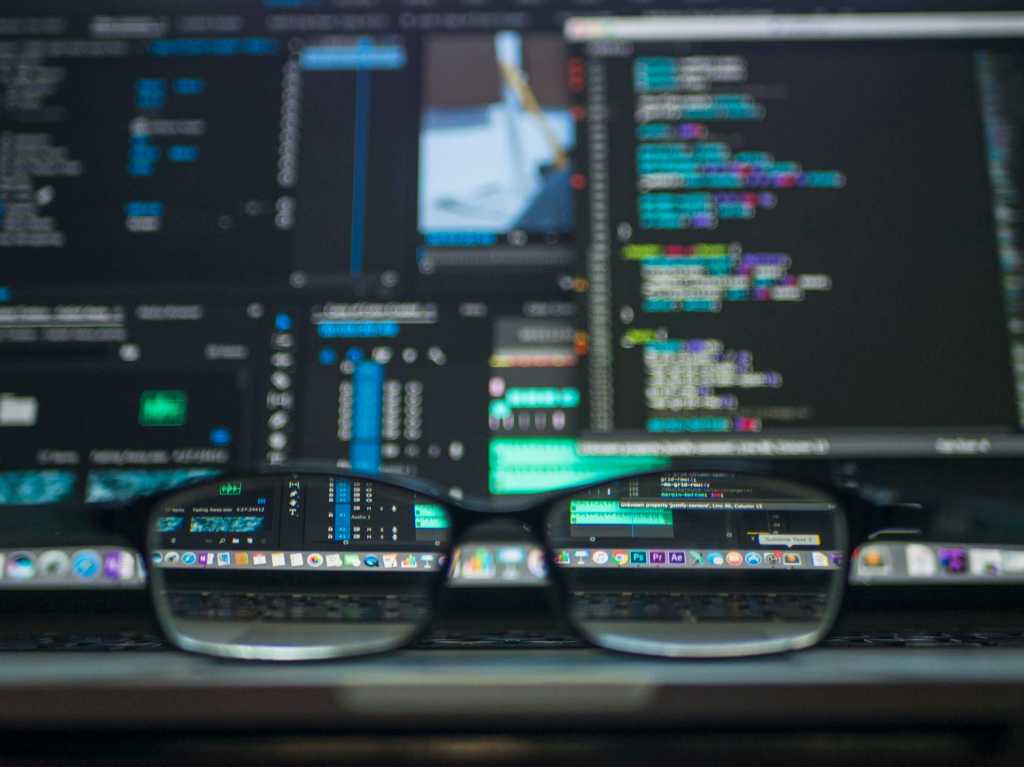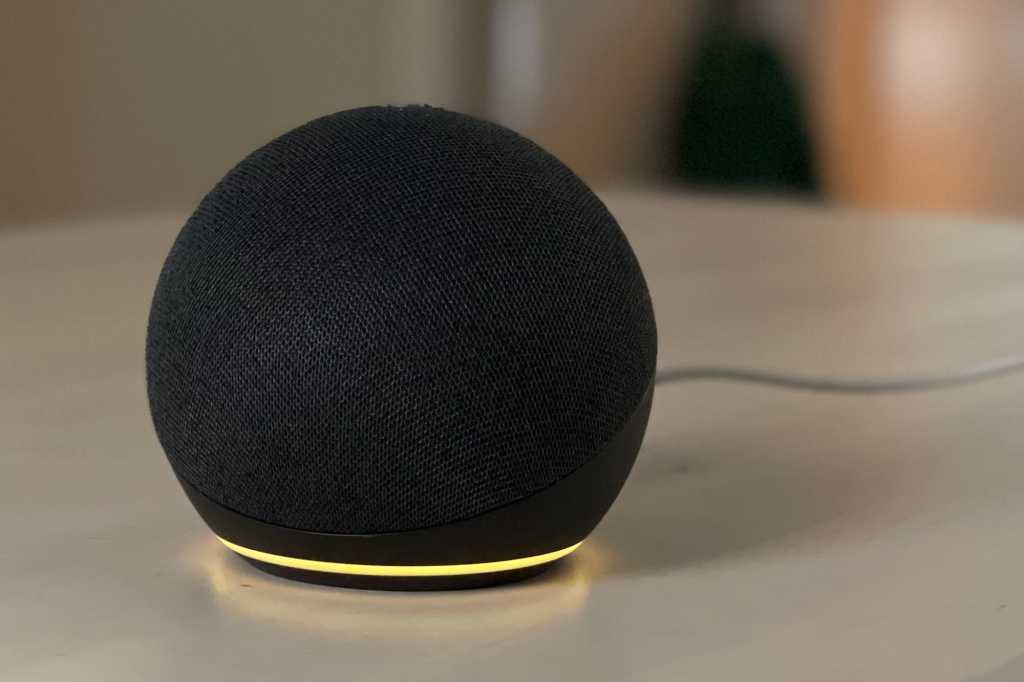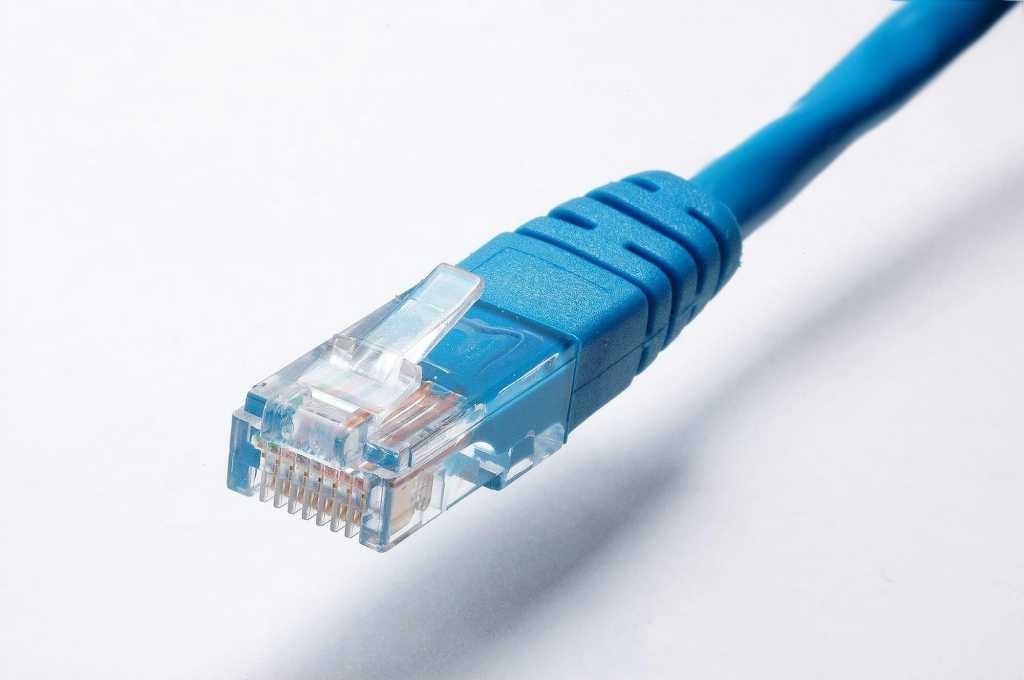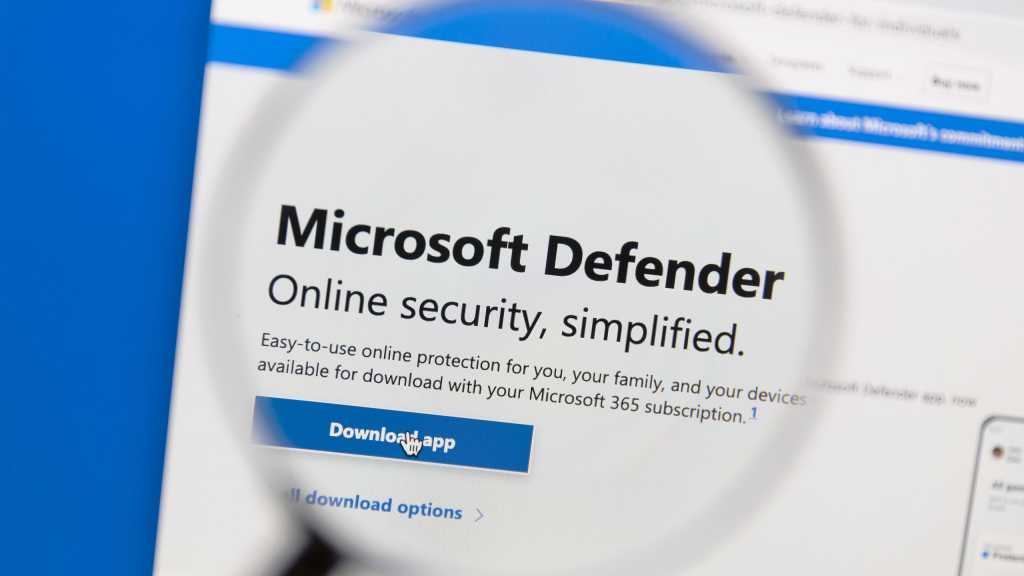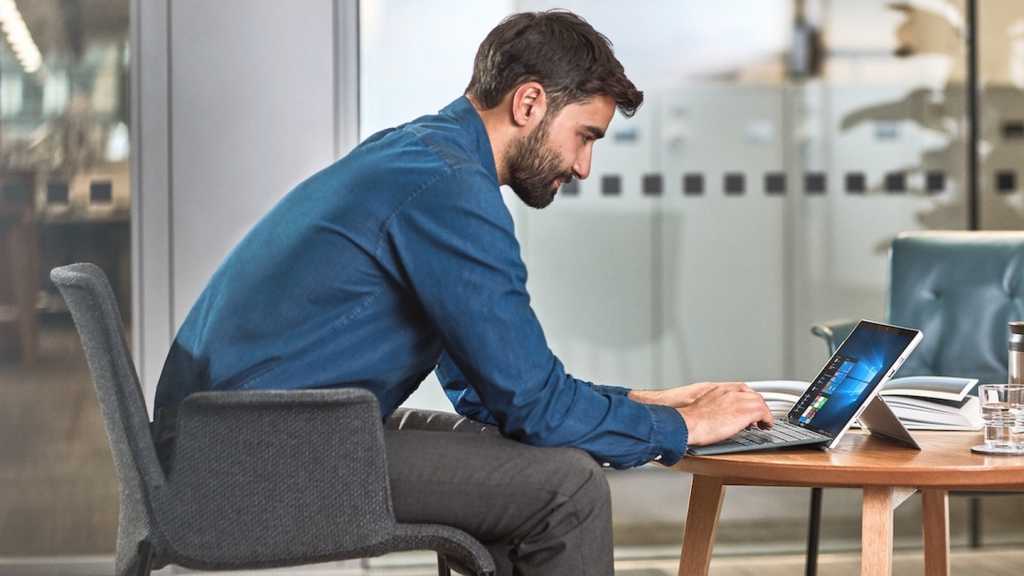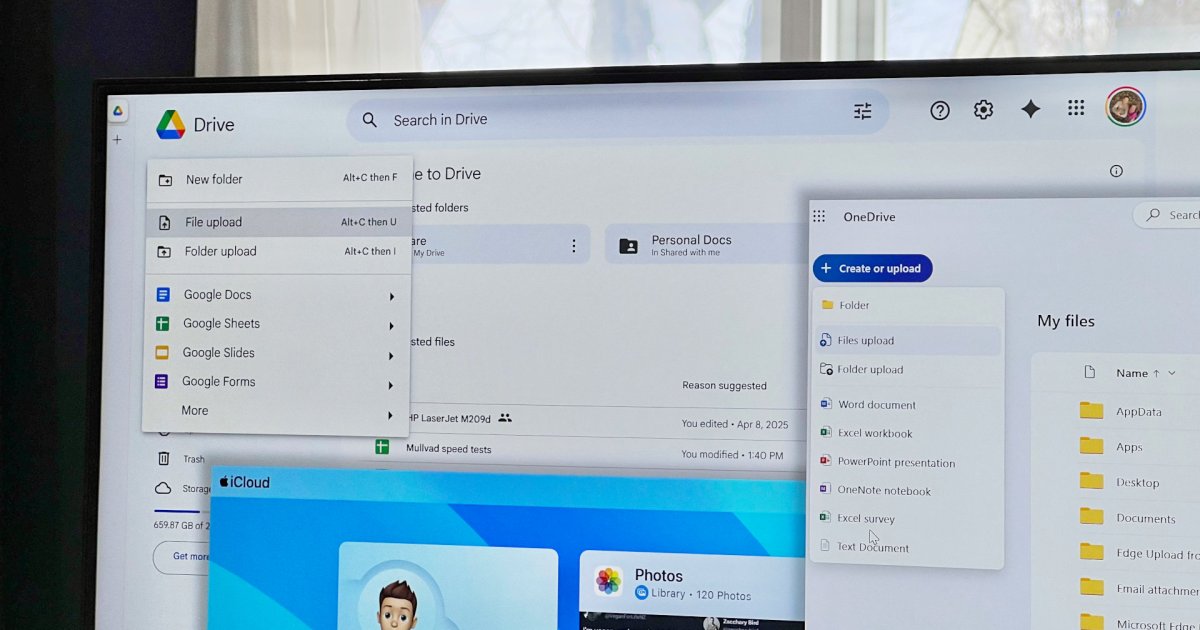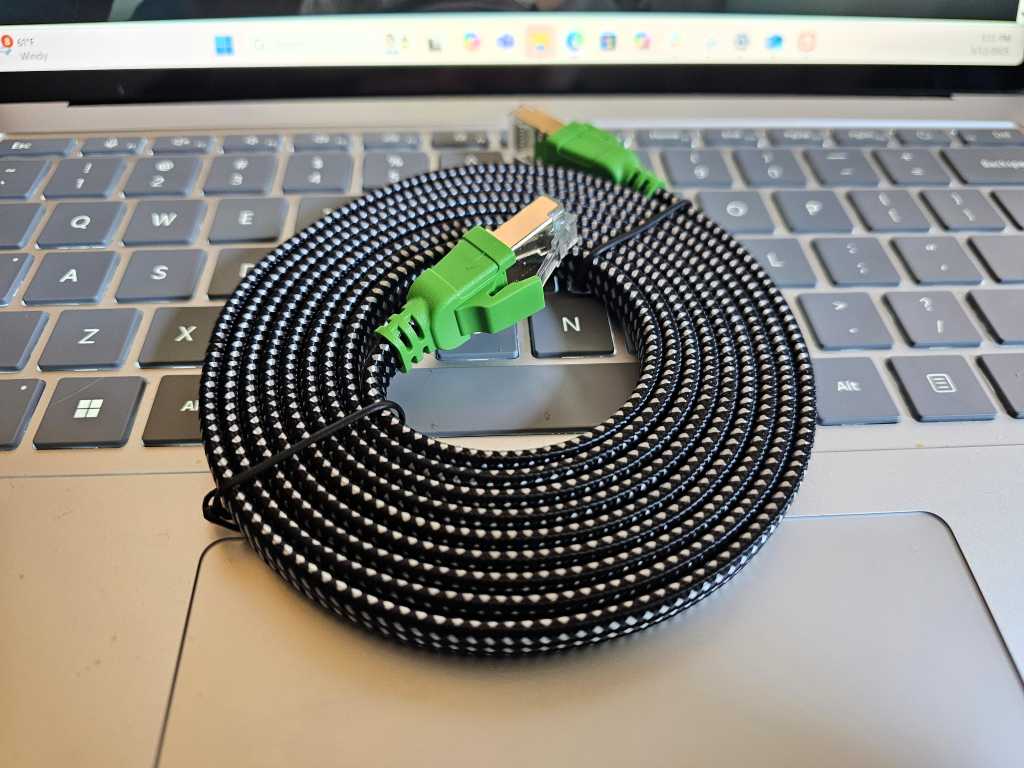We often assume our PCs are safe havens, especially when we’re alone. However, the unsettling truth is that your webcam can be a gateway for hackers to invade your privacy. Detecting a compromised webcam isn’t always straightforward, but these five signs could indicate a security breach.
1. Unfamiliar Files on Your PC
While most hackers erase their tracks, you might uncover evidence before they do. Check your webcam’s default storage location and your PC’s Recycle Bin for suspicious photos or videos you don’t recognize. If you find such files and are the sole PC user, your webcam might be compromised. Before panicking, ensure automatic recording isn’t enabled in your video conferencing app settings.
2. Intermittent Webcam Light Activation
Most webcams have indicator lights that illuminate when active. If this light activates when you’re not using the webcam, a hacker might have accessed it through remote access malware like a Trojan. Rule out false positives by checking if a browser extension or background video conferencing app is triggering the light. Disable extensions one by one to identify the potential culprit.
3. Modified Security Settings
Hackers often weaken your PC’s security to achieve their goals. Examine your webcam app’s security settings for red flags: altered passwords, unfamiliar apps with camera access, or disabled notifications that should be active. Also, review your Windows and antivirus software settings for any suspicious modifications.
4. Unsolicited Messages from Hackers
Some hackers use extortion tactics, claiming they’ve hacked your webcam and demanding ransom. They may cite personal details or your appearance to appear credible. These claims might be partially true, entirely fabricated, or based on publicly available social media images. Never pay ransoms. Instead, consult a cybersecurity expert or local authorities.
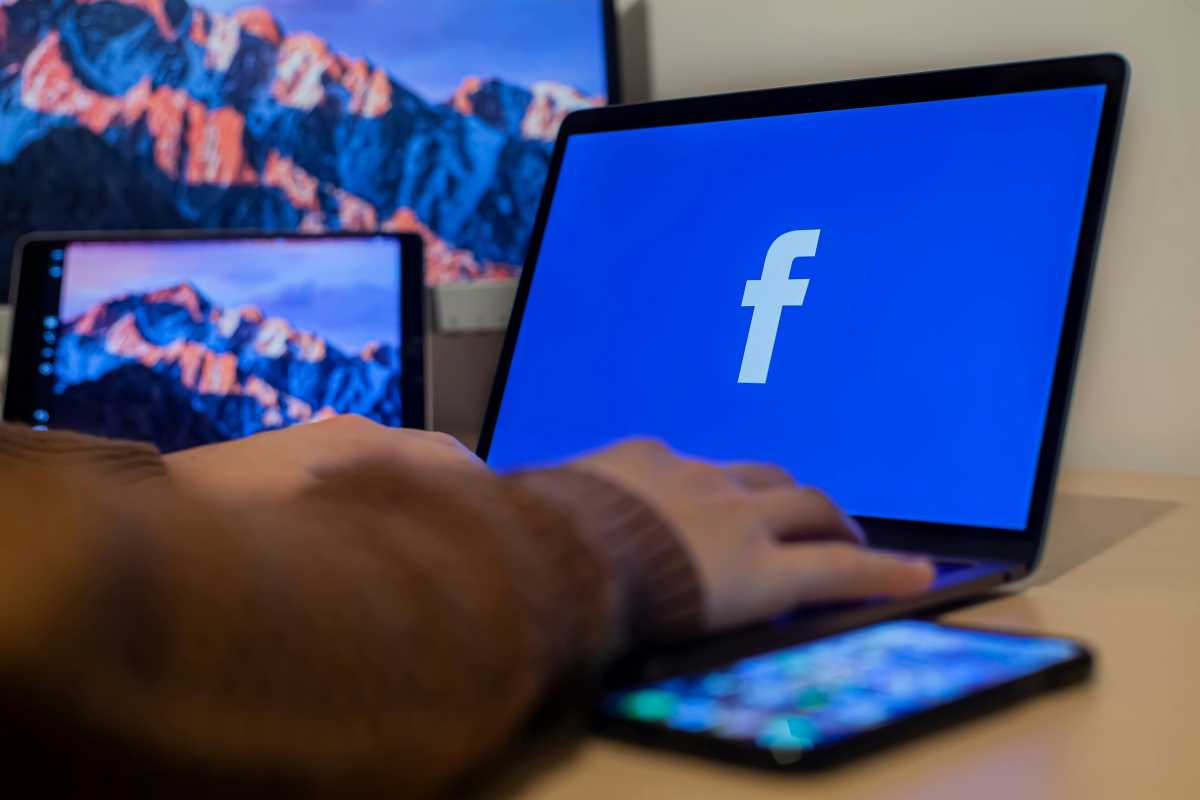 FacebookHackers may use social media photos to deceive and extort you.
FacebookHackers may use social media photos to deceive and extort you.
Pexels: Luca Sammarco
5. Webcam Self-Activation
Disable your webcam in Windows settings (Bluetooth and devices > Camera > Integrated Webcam > Disable) and observe if it reactivates on its own. While this can suggest a hacker’s control, other factors like Windows updates or specific apps can also trigger webcam activation. Consider these possibilities before concluding a security breach.
Conclusion: While webcam hacking is a genuine concern, vigilance and awareness can help protect your privacy. If you encounter any of these signs, investigate thoroughly and seek professional help if needed. Don’t let fear paralyze you; instead, take proactive steps to secure your digital environment.



